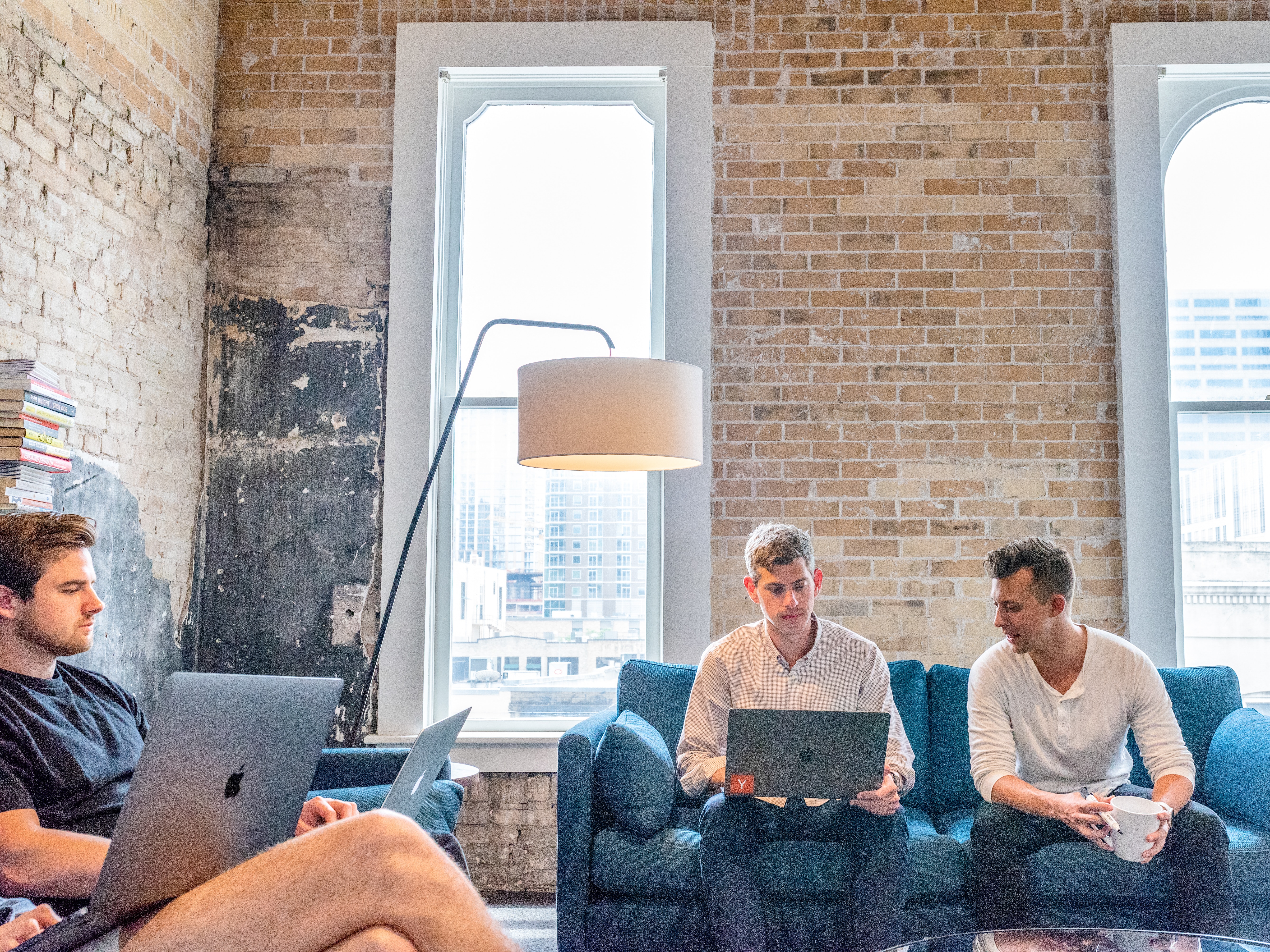Startup founders often look for various factors when choosing an accelerator program that aligns with their goals and needs. Here are 10 things they typically consider:
- Track record and reputation: Founders seek accelerators with a proven history of success, as demonstrated by the number of successful startups and the total funding raised by their alumni.
- Industry focus: Accelerators specializing in a specific industry or vertical can provide targeted support and resources, which is particularly appealing for founders in niche markets or with specialized products.
- Mentorship and expertise: High-quality mentors with relevant experience and connections are invaluable to startups. Founders seek accelerators with a strong network of industry leaders, investors, and successful entrepreneurs.
- Funding opportunities: Accelerators often offer seed funding in exchange for equity. Founders should consider the amount of funding provided, the equity stake requested, and the potential for follow-on investments.
- Network and connections: Founders value accelerators with extensive networks, which can facilitate introductions to potential investors, partners, and customers.
- Program duration and structure: The length and format of the accelerator program should align with the startup's needs and goals. Founders should look for programs that offer a balance between a structured curriculum and flexibility for individualized support.
- Support services: Accelerators may provide startups access to resources such as office space, legal and financial advice, and technical support. Founders should ensure that the accelerator offers the services and resources they need to grow and scale their businesses.
- Peer community: A strong cohort of fellow startups can provide valuable support, feedback, and collaboration opportunities. Founders should look for accelerators that foster a sense of community and encourage networking among participants.
- Post-program support: The best accelerators continue to support their alumni even after the program ends, through ongoing mentorship, access to resources, and networking opportunities. Founders should prioritize accelerators that are committed to long-term relationships with their startups.
- Geographic location: While many accelerator programs have moved to virtual or hybrid formats, the physical location can still be an important factor. Founders may prefer accelerators located in innovation hubs with access to a larger pool of investors, talent, and potential customers. Some founders may also value immersing themselves in a new business environment, while others prioritize staying close to their existing networks.
In summary, startup founders should carefully evaluate accelerators based on factors such as track record, industry focus, mentorship, funding opportunities, network, program duration and structure, support services, peer community, post-program support, and geographic location to find the best fit for their specific needs and goals










.jpg)

.jpg)
.jpg)

.jpg)
.jpg)










